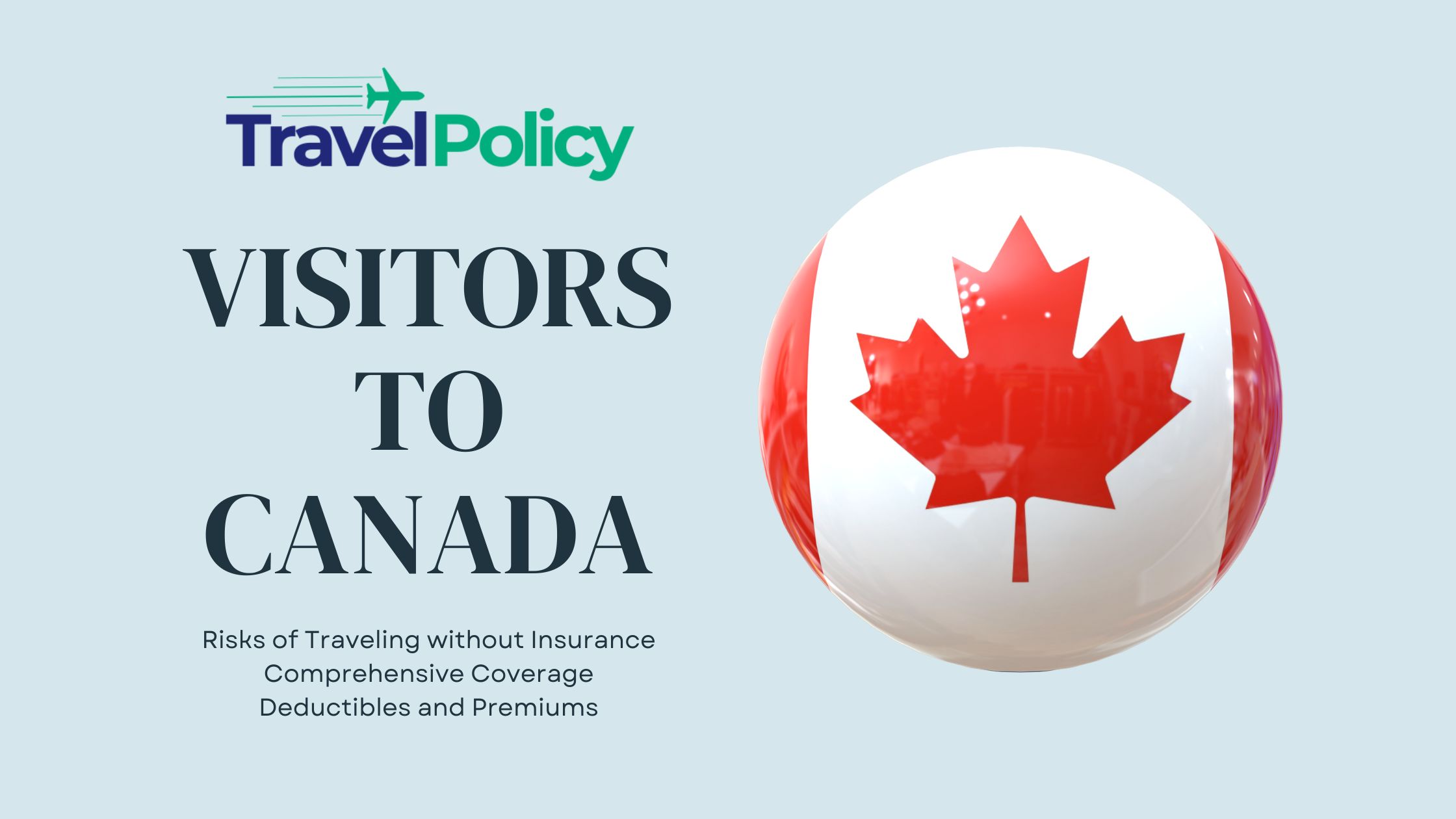
Traveling to Canada? Here’s Why Visitor to Canada Insurance is Essential
Introduction Canada is a vibrant country offering everything from breathtaking natural scenery

A Supervisa is a special visa that allows parents and grandparents of Canadian citizens or permanent residents to stay in Canada for up to 2 years at a time without the need to renew their status. Unlike multiple-entry visas, which only allow a 6-month stay per entry, the Supervisa provides greater flexibility and long-term visitation rights.
Parents and grandparents of Canadian citizens or permanent residents are eligible to apply for a Supervisa. It also allows the applicant’s spouse or common-law partner to accompany them. However, dependents other than a spouse or partner are not included under this visa.
The Supervisa offers numerous benefits:
Extended stay of up to 2 years without renewal.
Multiple entries into Canada for up to 10 years.
Ample opportunity to spend quality time with family.
No need to renew visitor status every 6 months.
Income requirements are financial criteria set by Immigration, Refugees and Citizenship Canada (IRCC) to ensure the sponsoring family can financially support their visiting family members. These requirements help to prevent any undue financial burden on the Canadian public services.
The income thresholds are based on the Low Income Cut-Off (LICO) levels, which vary depending on the number of family members. As of [current year], the thresholds are:
1 person: $25,921
2 persons: $32,270
3 persons: $39,672
Additional person: Add $6,828
Income is calculated by considering the total income reported on Line 15000 of your most recent Notice of Assessment (NOA). This includes income from employment, investments, and other sources. It’s important to meet or exceed the LICO based on your family size to qualify.
Different types of income proof are accepted, such as:
Recent Notices of Assessment (NOA).
T4 or T1 documents.
Employment Insurance (EI) stubs.
Bank statements showing consistent income deposits.
For verification, you need to submit:
A copy of the most recent NOA.
Employer letters confirming your position and salary.
Statements listing your assets and liabilities.
Proof of other income sources like investments or rental incomes.
Most common mistakes:
Incorrect or outdated documents.
Missing pages of NOA.
Inconsistent income proofs.
Failure to provide translated documents if required.
Some strategies can help:
Consolidate all your income sources clearly.
Include your spouse’s income if applicable.
Seek professional advice to ensure accurate documentation.
If you have various income streams (salary, freelance, etc.), ensure each is well-documented. Keeping organized records and providing clear, itemized statements can demonstrate your financial stability.
Income can fluctuate, especially for self-employed individuals. To manage this:
Average your income over several years.
Provide additional proof of savings and investments.
Submit letters from accountants or financial advisors.
Follow these steps:
Gather all required documents.
Fill out the Supervisa application form.
Pay the application fees.
Submit the application online or via paper.
Wait for confirmation and further instructions.
Income verification ensures you meet the financial criteria. IRCC will review your documents to confirm if your reported income matches the requirements. Proper documentation can significantly impact your application’s success.
If your income proof falls short:
Seek additional co-sponsors.
Update and gather all possible income documents.
Consider consulting with an immigration expert for alternatives.
Recap of Key Points
Understanding what a Supervisa is and its benefits.
Importance of meeting the income requirements.
Strategies for providing accurate and sufficient income proof.
Importance of Thorough Preparation
Ensuring all documents are up-to-date and correctly submitted.
Seeking professional guidance if needed.
Encouragement for Applicants to Review Current Regulations
Stay informed about any updates to requirements.
Regularly check the IRCC website for the latest information.
What are the specific income requirements for a Supervisa?
The income requirements are based on the Low Income Cut-Off (LICO) levels, which vary depending on family size. Current thresholds should be checked on the official IRCC website.
Can self-employed individuals qualify for a Supervisa?
Yes, self-employed individuals can qualify if they provide sufficient proof of consistent income, like tax documents, bank statements, and letters from accountants.
How often are income requirements updated?
Income requirements are typically updated annually. It’s important to check the latest LICO thresholds on the IRCC website before applying.
What happens if my income drops after my Supervisa is approved?
If your income drops after approval, it should not affect the validity of the Supervisa already granted. However, significant income changes should be managed carefully for any future applications.
Are there any exceptions to the income requirements?
Generally, there are no exceptions to the income requirements. However, applicants struggling to meet them can seek co-sponsors or provide proof of additional assets or savings.

Introduction Canada is a vibrant country offering everything from breathtaking natural scenery

Introduction to Supervisa Definition and Purpose of the Super Visa The Super

Introduction to Super Visa 🛃 What is a Super Visa? A Super